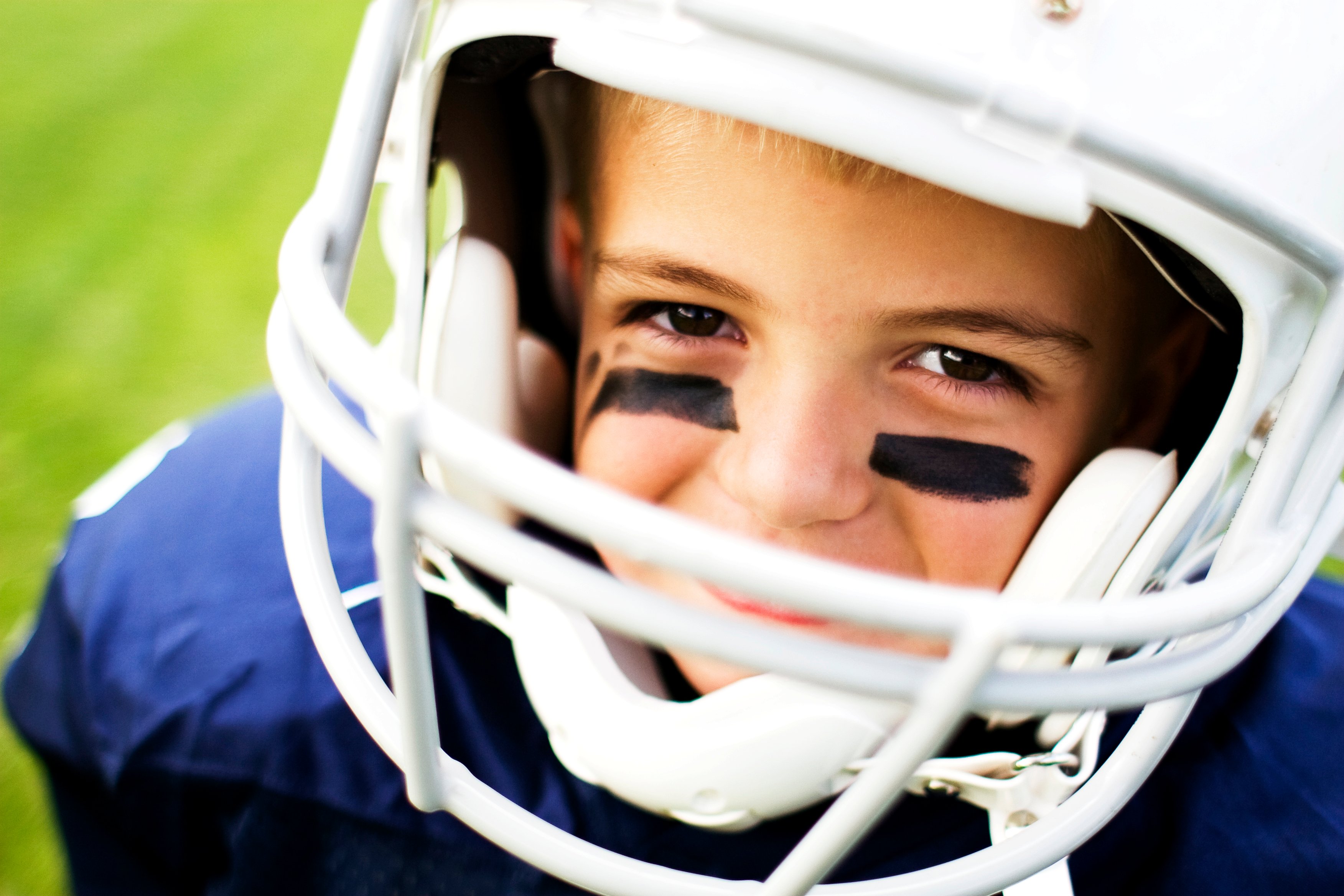

When a concussion is suspected or first diagnosed, parents often have questions about the injury and how to help their child. These questions can arise the first day of the injury or may occur several days to weeks after the injury. There may be questions about returning to school, social, leisure or recreational activities.
Concussion Facts
- All concussions are serious, but the vast majority get better without long-term consequences.
- Most concussions occur without loss of consciousness and can include a wide variety of cognitive, physical, emotional, and sleep-related symptoms.
- Recognition and proper response to concussions when they first occur can help prevent further injury and prolonged recovery.
- When in doubt, sit them out from intense activities and contact sports.
- Proper concussion management should include individualized recommendations to address activities across the home, school and recreation environments.
What Children’s National Hospital Offers
The Children’s National SCORE Concussion program is staffed by neuropsychologists and neuropsychology post-doctoral fellows who can assess and treat children, teens and college student-athletes, ages 4-22, who have sustained a concussion. An important part of treatment is educating the student and parents about concussions, the risks of re-injury, and ways to ensure recovery.
Our staff will conduct a complete evaluation that measure attention, memory, speed and balance. These help us understand the child or teen’s cognitive functioning. We will work with the child or teen and parents to develop a treatment plan to support full recovery. That plan will include a timetable for returning gradually to school, sports and other life activities.
Parents will receive a copy of the ACE Care Plan, which summarizes this information. This plan also will help parents communicate the evaluation results and treatment recommendations to school personnel, the referring physician or other medical professionals. Return visits may be scheduled to adjust treatment until the child has fully recovered and symptoms are no longer present.

Frequently Asked Questions for Parents
After a concussion, should my child see their pediatrician for an examination?
Can I give my child medicine for their headaches? What about taking their other regular medications?
Do I need to keep my child awake all night or wake him or her up regularly?
My doctor (coach, athletic trainer, etc.) initially said that my child could return in two weeks. Is this the right amount of time after a concussion?
My child has now had multiple concussions. How concerned should I be, and should my child continue to play contact sports?
How do I explain my child's injury to their school?
What are the long-term effects of a concussion?
What is neuropsychological testing and what is it used for?
Can my child go out with their friends? Can they have sleepovers?
Can my child watch television, play video games, text, etc.?
My doctor told my child to rest. What exactly does "rest" mean?
Concussion Videos
Learn how to spot and treat a concussion, whether you're a parent, teacher, physician or coach.
Helpful Apps and Websites
Fact Sheets
* Not to be used instead of a thorough clinical evaluation by a healthcare professional

Concussion FAQs
Learn the answers to general concussion frequently asked questions explaining how you can treat and manage a concussion.




